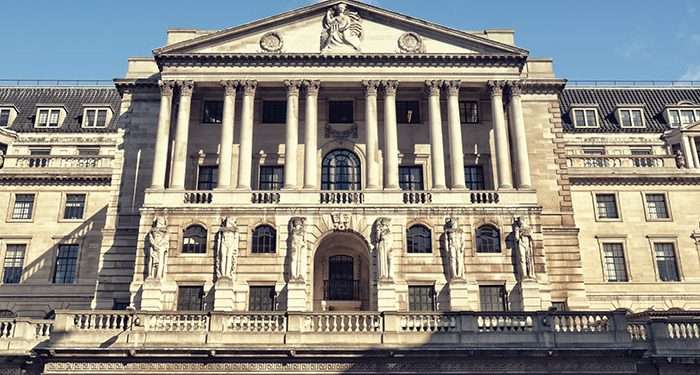Regulatory Regime for ESG Ratings Providers
The HM Treasury develops a draft regulation for ESG ratings providers, aimed at incorporating ESG ratings into regulations.
The HM Treasury expects the global ESG market size to exceed $40 trillion by 2030. Incorporating ESG ratings into regulation can enhance investor confidence, drive ESG investment decisions, and improve financial market transparency.
Related Post: UK Plans to Regulate ESG Ratings Providers
Consultation Response for ESG Ratings Regulation
In March 2023, the UK government released a consultation document on the regulation of ESG ratings providers, soliciting market opinions on the definition of ESG ratings, industry regulatory scope, specific exemptions, and ultimately receiving 94 responses. The Financial Conduct Authority (FCA) also holds a series of seminars to solicit opinions from stakeholders. In the future, ESG ratings providers will be included in the mandatory regulatory scope and directly managed by FCA.
95% of respondents support the establishment of ESG rating regulation, while the remaining 5% do not support regulation due to reduced market competition, increased costs for businesses, and increased burden on small ESG ratings providers. Respondents who do not support regulation suggest adopting voluntary code of conduct for ESG rating providers developed by the ESG Data and Ratings Working Group (DRWG) under the International Capital Market Association (ICMA).
65% of respondents believe that regulation will have a significant impact on their business. Some respondents believe that regulation may overlap with the UK’s Sustainability Disclosure Requirements (SDR), Credit Ratings Agencies Regulation (CRAR), and anti-greenwashing rules. The respondent suggests that HM Treasury adopt ESG rating definitions consistent with existing international ESG rating standards to address interoperability issues.
Considering the response to the consultation, the HM Treasury plans to introduce ESG ratings providers supervision and is expected to design, develop, and launch the system within four years. Regulatory policies will be based on guidelines issued by the International Organization of Securities Commissions (IOSCO) and take into account some potential impacts mentioned by respondents. For example, the HM Treasury will consider setting a grace period for some small ESG rating providers to extend their compliance with regulatory requirements.
Future Regulatory Actions for ESG Ratings Providers
The HM Treasury amends the Financial Services and Markets Act 2000 to include ESG rating after the regulations on benchmarks. The HM Treasury believes that ESG ratings are produced by ESG rating providers using established methods and definitions, and may affect specific investment decisions. All ESG rating providers located in the UK and non-UK ESG rating providers with business ties to the UK are subject to regulation. The HM Treasury has exempted certain situations, such as ESG ratings used within the group and ESG ratings used for academic activities.
The HM Treasury plans to submit a revised draft to Parliament in 2025, waiting for approval before the UK FCA can carry out regulatory activities. The HM Treasury will release a review report within five years after the regulatory draft takes effect to measure its effectiveness.
Reference:
Future Regulatory Regime for Environmental, Social, and Governance (ESG) Ratings Providers
ESG Advertisements Contact:todayesg@gmail.com








